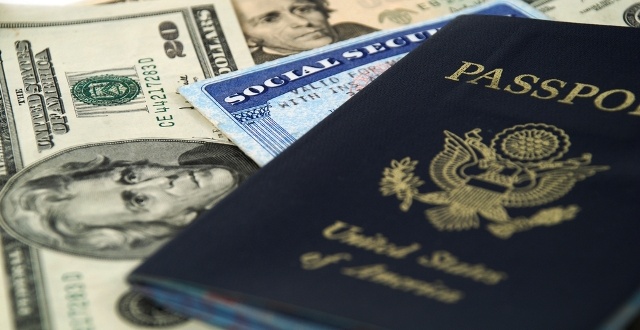
Immigration is a big issue in the United States as well as countries all over the world. In the United States alone, 125 out of every 1,000 people are immigrants. It is estimated that 1.5 million new immigrants, bot legal and illegal, arrive in the U.S. each year. What kind of an impact does immigration have in the U.S. and around the globe?

Last week the Supreme Court issued a ruling in a case, Jennings v. Rodriguez, 583 U.S. ____ (2018), which upset a lot of us immigration attorneys that work with people who are detained. People detained in states belonging to the Ninth Circuit, such as California and Arizona were eligible for a Rodriguez bond hearing every six months, in which they could bond out if they could prove that they were not a flight risk or a danger to the community.
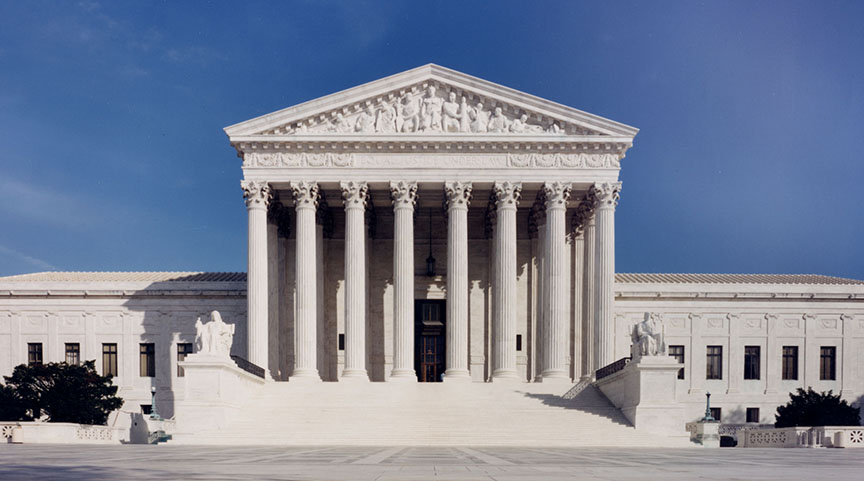
In response to the U.S. Supreme Court ruling defining close family relationship, on July 13, 2017 the U.S. District Court for the District of Hawaii modified its preliminary injunction to include as close family members grandparents, grandchildren, brother and sister – in laws, aunts, uncles, nieces, nephews and cousins.
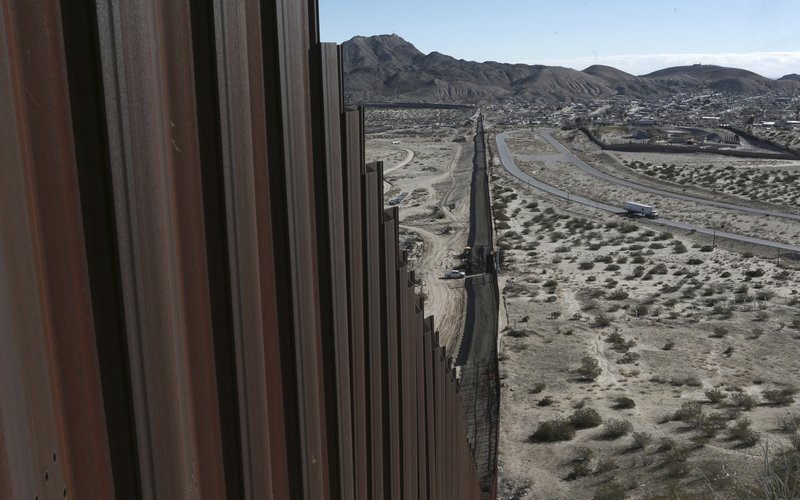
Border security is critically important to national security. “Aliens” who illegally enter without inspection or admission pose a threat to national security. The recent surge of illegal immigration at the southern border has placed a significant strain on federal resources and overwhelmed agencies in charge of border security. The purpose of this order is to direct all government agencies to deploy all lawful means to secure the southern border.
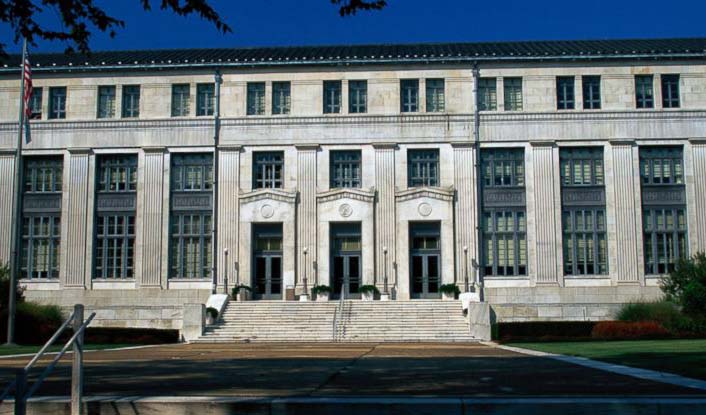
Enforcing immigration laws in the interior of the USA is important for public safety. Many “aliens” who enter illegally or who overstay their visas are a threat to public safety. Sanctuary cities violate federal laws by shielding illegal immigrants from removal, Tens of thousands of removable aliens have been released into our communities because their home countries refuse to take them back.
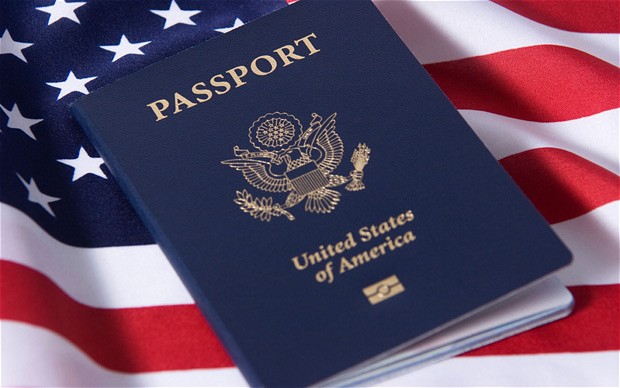
On the campaign trail in August 2016, Trump told a crowd during a campaign rally in Phoenix that he would direct law enforcement authorities to deport all convicted criminals illegally in the USA, a group he estimated to be about 2 million people. “We will begin moving them out day one,” he said. “Day one, my first hour, those people are gone.”










